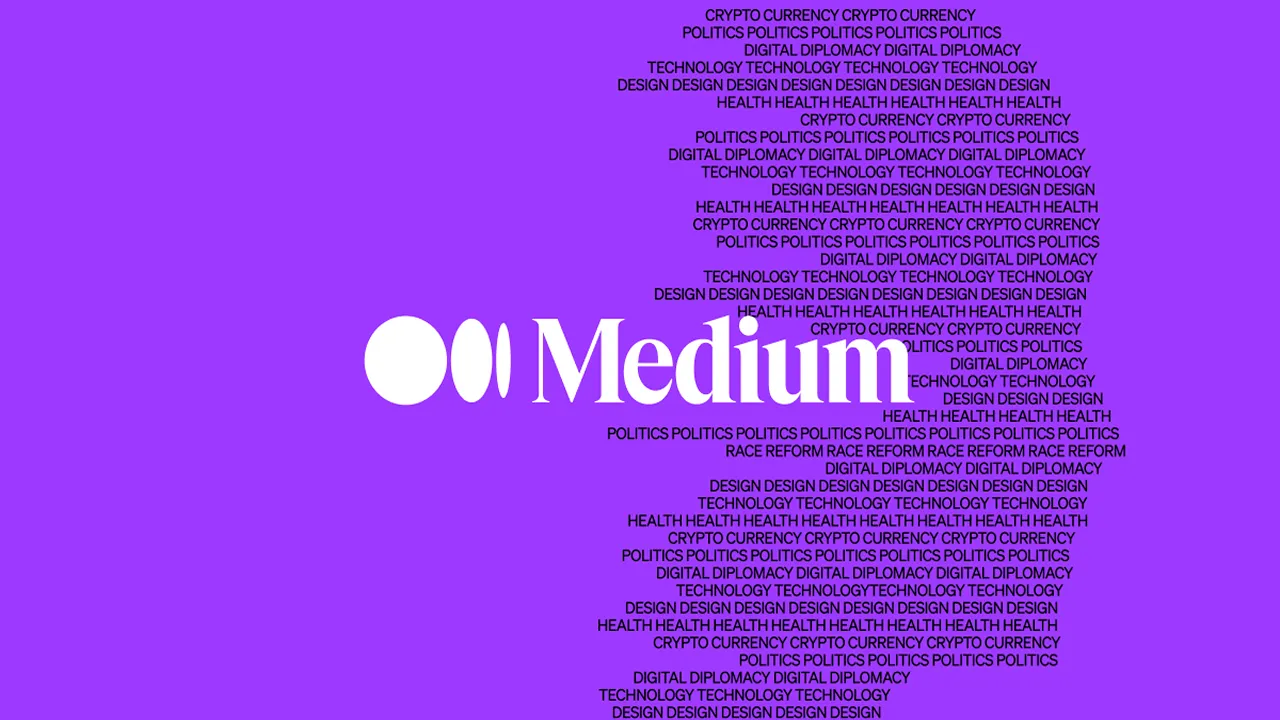Introduction: AI Rewrites the Rulebook for Digital Marketing
Artificial intelligence is rapidly ceasing to be just a buzzword and is transforming into a fundamental force reshaping entire industries. Digital marketing is no exception – here, AI's impact on digital marketing|AI's influence is particularly acute, opening unprecedented opportunities for audience engagement and campaign optimization. A recent analytical article published on the Medium platform (and gaining attention today, May 26, 2025) delves into key trends and makes forecasts about how AI will shape the digital marketing landscape in 2025 and beyond. The authors emphasize that companies aiming to remain competitive must not just monitor these changes but actively implement them.
Trend #1: Hyper-Personalization – Marketing That Knows You
The era of mass mailings and one-size-fits-all offers is fading into the past. Hyper-personalization is coming to the forefront – a strategy where every aspect of marketing interaction is adapted to the individual needs, preferences, and behavior of a specific user. Artificial intelligence plays a key role here, enabling the analysis of vast amounts of customer data (Big Data), identifying hidden patterns, and creating detailed audience personas. Based on this data, AI algorithms can generate personalized content in real-time, select the most relevant products and services, and optimize communication timing and channels. The result is increased customer loyalty, higher conversion rates, and more efficient marketing budget allocation.
Trend #2: Short Videos and AI's Role in Their Dominance
The short video format, popularized by platforms like TikTok, Instagram Reels, and YouTube Shorts, continues its triumphant march. Audience attention is becoming increasingly fragmented, and short, concise, and engaging videos are becoming the primary way of consuming content, especially among younger audiences. Artificial intelligence also finds its application here. Firstly, AI tools assist in creating and editing video content, automating cutting, adding effects, generating subtitles, and even creating simple videos based on text descriptions. Secondly, AI analyzes trends and user preferences, helping to create viral content. Thirdly, AI algorithms optimize the display of video ads, ensuring their delivery to the most interested audience at the most opportune time.
Trend #3: Omnichannel Marketing – Seamless Experience with AI's Help
Today's consumer interacts with a brand through multiple channels: website, social media, messengers, email, mobile apps, offline stores. The task of omnichannel marketing is to ensure a holistic and consistent customer experience across all these touchpoints. Artificial intelligence is becoming an indispensable assistant in orchestrating these complex interactions. AI platforms can collect and analyze data from all channels, forming a unified customer profile and allowing companies to understand the complete user journey. This enables the delivery of relevant information and offers at the exact moment and through the channel that is most convenient and effective for the customer, creating a sense of truly seamless and attentive service.
The Call for Adaptation: The Future is Already Here
The authors of the Medium article conclude that AI's impact on digital marketing|artificial intelligence is not just another tool but a catalyst for fundamental changes in the very philosophy and practice of digital marketing. Companies that can quickly adapt, master new AI technologies, and restructure their strategies considering these trends will gain a significant competitive advantage. Those who ignore the new reality risk falling hopelessly behind. Hyper-personalization, the dominance of short videos, and intelligent omnichannel experiences are no longer forecasts for a distant future but key elements of successful marketing in 2025.
